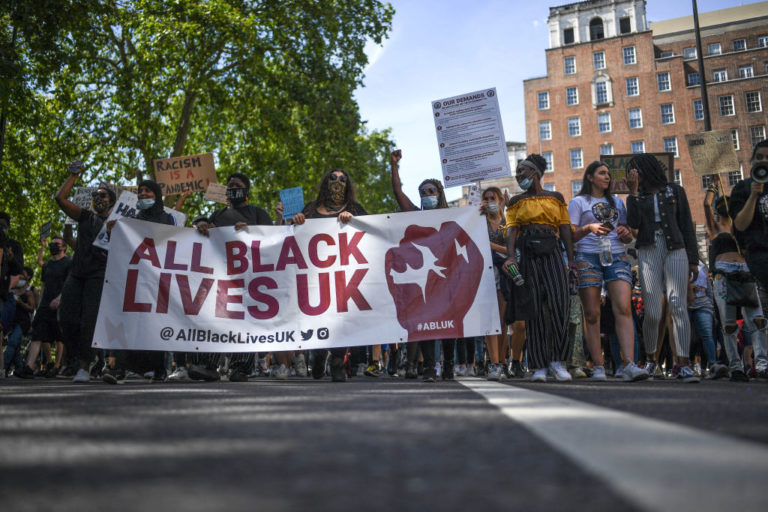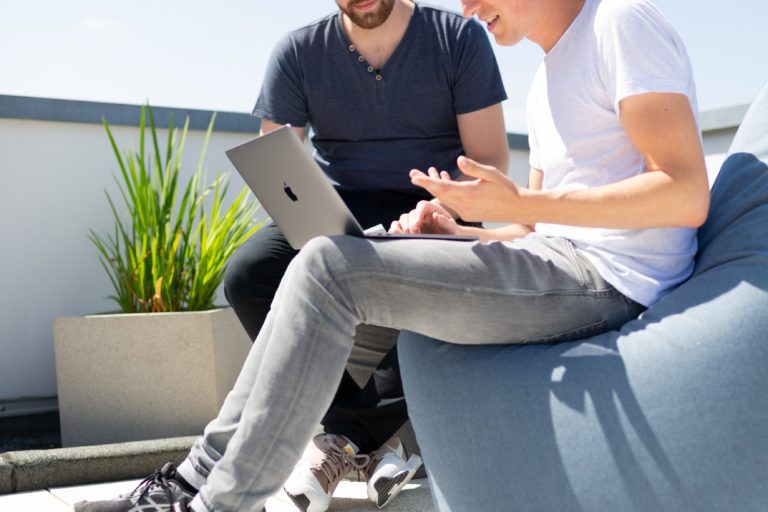Long working hours have been an issue since the 1980s, “lunch is for wimps” wannabe millionaire Del Boy Trotter used to proclaim. ‘Hustle culture’ looked set to be unstoppable but the pandemic has abruptly brought employers to a crossroads. In one direction lie the sunlit uplands of trust, flexibility and hybrid working. In the other, an apparent cult of productivity overshadows the mental health of employees. In mental health awareness week, direction of travel is a critical issue confronting leaders on the road to post-pandemic recovery.
Before Covid, productivity was rife with challenges that were all too often overlooked. Always being on, always at work, was an attitude that was creeping upon us as fast as tech companies could update the smart phones that enabled it. For many people, things got worse during lockdown. Hours became longer, it became harder to manage the blurring of home-life boundaries.
Confronted with radical changes at work, employers came to recognise the need to protect mental health and wellbeing. A new sense of tolerance developed, for example it became accepted that kids and cats sometimes crash virtual meetings. ‘No-Zoom Fridays’ were introduced, flexible hours were more easily arranged to accommodate lockdown restrictions, challenges were no longer quite so overlooked.
Trusting your workforce
During lockdown, employees demonstrated that homeworking works. Remote working was underpinned by trust and communication between employers and employees, values that benefit both groups. According to neuroeconomist Paul J. Zak, “employees in high-trust organisations are more productive, have more energy at work, collaborate better with their colleagues, and stay with their employers longer than people working at low-trust companies.”
As the recovery gets under way, almost two-thirds of a poll of 2,000 UK employers plan to introduce or expand a mixture of remote and on-site working. Elsewhere, research suggests a majority of businesses in five countries are also considering a flexible remote-work model. Two-thirds of European businesses have increased their spend on tech amid changing work patterns, among them 76% of financial services firms.
A hybrid model gives people more choice in working between home and the office, along with greater flexibility in working hours. ‘New normal’, a phrase that once provoked a giddy reaction normally reserved for men in socks and sandals, is finally beginning to mean something, specifically a new way of working characterised by trust and tolerance. Lunch is back on the menu.
Never not being at work
Recently, Elon Musk tweeted that “nobody ever changed the world on 40 hours a week”. When asked exactly how many hours one had to work a week to change the world, Musk – who presumably doesn’t hang about for lunch – said 80 was a sustainable number, with peaks above 100 at times. Musk appears to condone a way of thinking that squeezes out a proportionate sense of work/life balance. Wearing his hours as a badge, he’s proud of it too.
He’s not alone. For the first time in history, society’s wealthiest individuals are making a virtue of never not being at work. This encourages a culture where work is not just a perpetual presence but a dominant force in the life of employees. Constantly available to emails and direct messages, employees can find that when work takes over, everything else is deemed to matter less. Friends and family, evenings and weekends are sacrificed, so too balance and the needs of mental health.
To soften the impact of this pressure, work is sometimes rebranded with a sense of higher mission. This exploits employees’ own psychological infrastructure, for example encouraging someone’s sense of competition until work and self-identity become meshed together. Once work becomes less a means to an end and more about self-worth, it’s easier to sell the principle of extending the working day.
Thank God it’s Monday
Employees are sometimes sold the idea that by devoting themselves to work they will gain the comforts that a family can provide, fuelling perceptions of a cult of productivity that presents work as a labour of love. Sarah Jaffe, author of Work Won’t Love You Back, says: “A lot of companies’ websites use the word ‘family’, even though they have workers in Canada, workers in India, workers in the UK; a lot of us don’t even speak the same language and yet we’re a ‘family’” – or in the case of Ustwo, a fampany. “What the hell is that?” asks Jaffe.
Workplaces may provide areas draped in the cushions and soft furnishings typical of a family home, nevertheless an underlying sentiment is sometimes all too apparent. During a series of visits to WeWork locations in New York, Erin Griffith discovered that “the throw pillows implore busy tenants to ‘Do what you love.’ Neon signs demand they ‘Hustle harder,’ and murals spread the gospel of T.G.I.M. (Thank God It’s Monday). Even the cucumbers in WeWork’s water coolers have an agenda. ‘Don’t stop when you’re tired,’ someone recently carved into the floating vegetables’ flesh. ‘Stop when you are done.’”
Hard-working female employees at Google, Apple and Facebook can even avail themselves of their employers’ egg freezing service, postponing a real family for the sake of their fake one – a measure critics say sends the wrong signals about work. Marcia C. Inhorn, a professor at Yale University who researches fertility issues, has suggested that “employers may come to expect women to postpone childbearing through egg freezing.”
Critical thinking
The pandemic has changed circumstances both at work and home. People have re-evaluated the meaning of what they do, and where and how they live. Many companies, recognising this, are supporting their people, and will be able to make savings along the way through reduced use of offices.
Staff working from home are more isolated than they were in an office, teams are more fragmented. An instant solution to this came in the form of virtual meetings, though we quickly came to discover ‘Zoom fatigue’. An alternative is to encourage more self-leadership. By developing their skills in critical thinking, employees are better equipped to work in isolation. This approach dovetails with the trust shown in the shift towards hybrid working.
Extreme distortions in the work/life balance fall short of the growing sense of trust and understanding. Fortunately, for employers looking at the future, there is an alternative to risking your soul at the crossroads. A broader sense of leadership will protect employees’ mental health, safeguard their future, and invest in yours.





